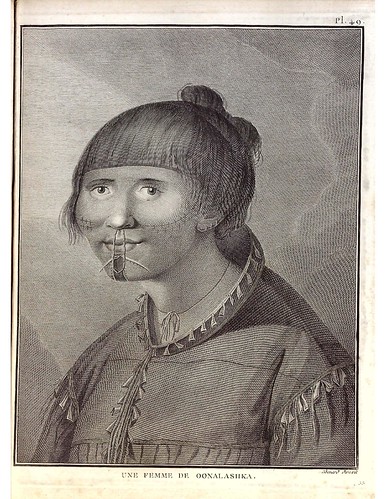March 30 marked the 144th anniversary of the signing of the treaty under which the United States purchased Alaska from Russia in 1867. During the 125 years leading up to this event, a number of European powers (notably Russia, Spain, France and Great Britain), and later the United States, sponsored exploring expeditions to the area which we now know as Alaska.
Their missions included many objectives — primarily to further the commercial and strategic interests of their nations and to gather intelligence on the strength of rivals along the western coast of North America, and also to obtain geographic, scientific, and anthropological information.
They found a land that had been populated by people of various cultures for thousands of years, and that was incredibly rich in natural resources — but no Northwest Passage, which would permit direct navigation between the Atlantic and Pacific Oceans. Russia was first and throughout the period the most significant of the countries staking a claim to the fisheries and the highly lucrative fur trade of what later became our 49th state.
Among the prominent explorers of this period were Vitus Bering, Otto von Kotzebue and Ferdinand Petrovich Wrangel (Russia); James Cook and George Vancouver (Great Britain); and Jean Francois de Galaup La Perouse (France). The Joseph F. Cullman 3rd Library of Natural History has many volumes relating to this heroic age of exploration.
—Ann Stone
Additionl images may be viewed on the Libraries flickr site: Joseph F. Cullman 3rd Library of Natural History set
Possible Cullman holdings to reference:
Cook, James (third voyage 1776-1780) G420.C77v 1796, G160.C65 1790, qG420.C77 vo 1784
La Perouse, Jean Francois de Galaup (voyage 1785-88) G420.L311 E1798s, qG420.L22 1798bX, qG420.L311 E1798, q420.L311 1797, G420.L3113 1799
Kotzebue, Otto von (voyage 1823-5) qG420.K87v
Vancouver, George (voyage 1790-95) fG420.V22
Wrangel, Ferdinand Petrovich, baron (voyage 1820-23) G820.V97 E1840, F907.W94 1839, G820.W94 1841


Be First to Comment